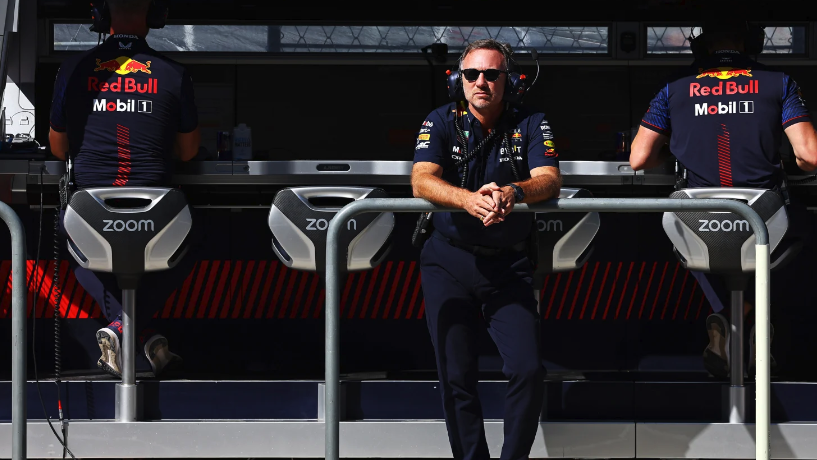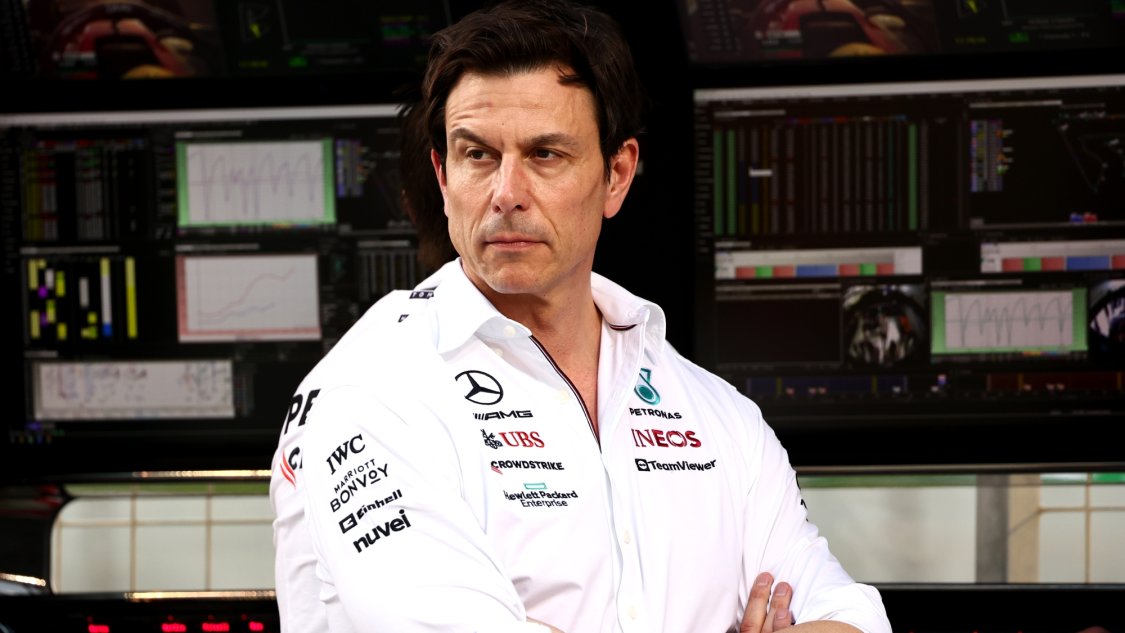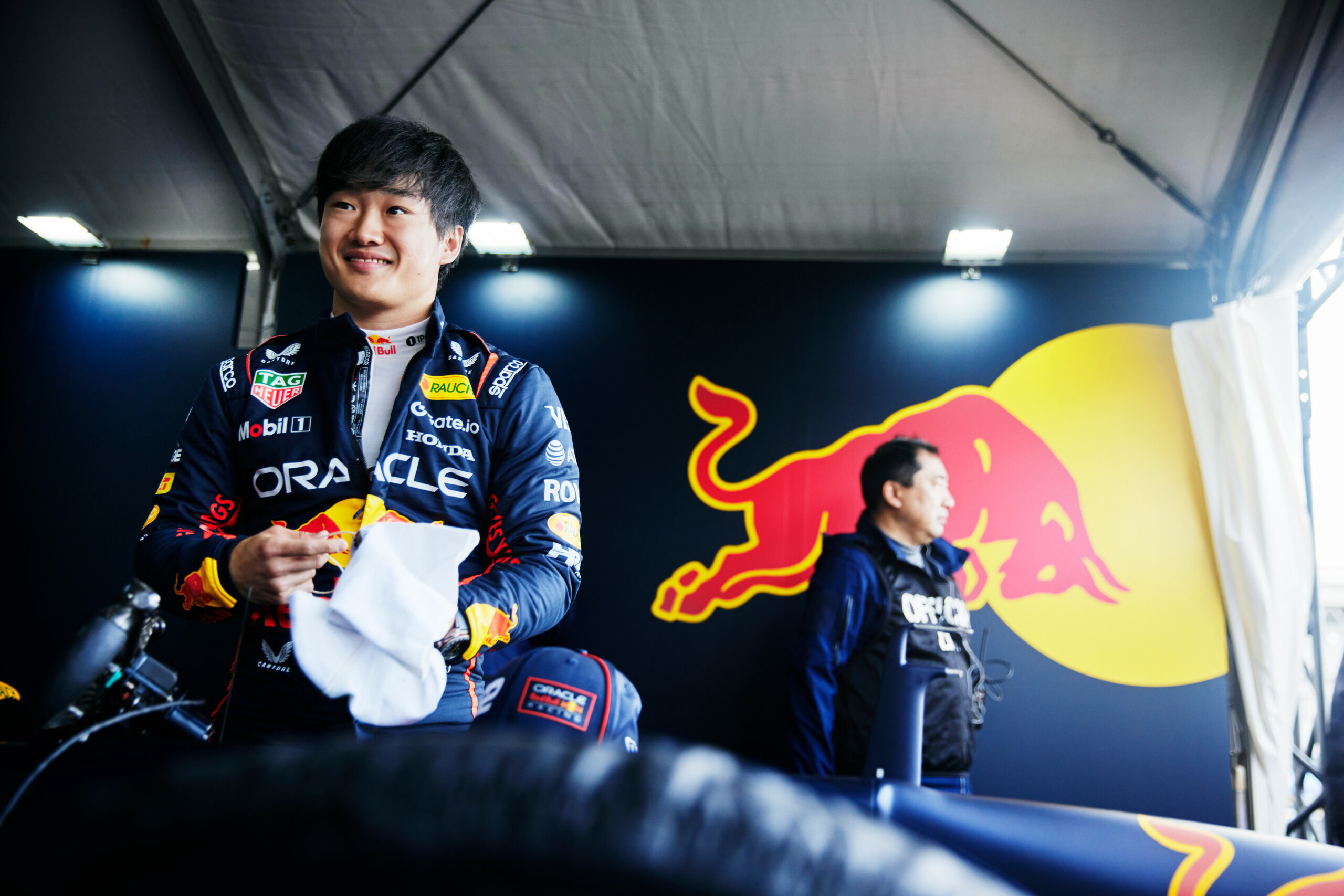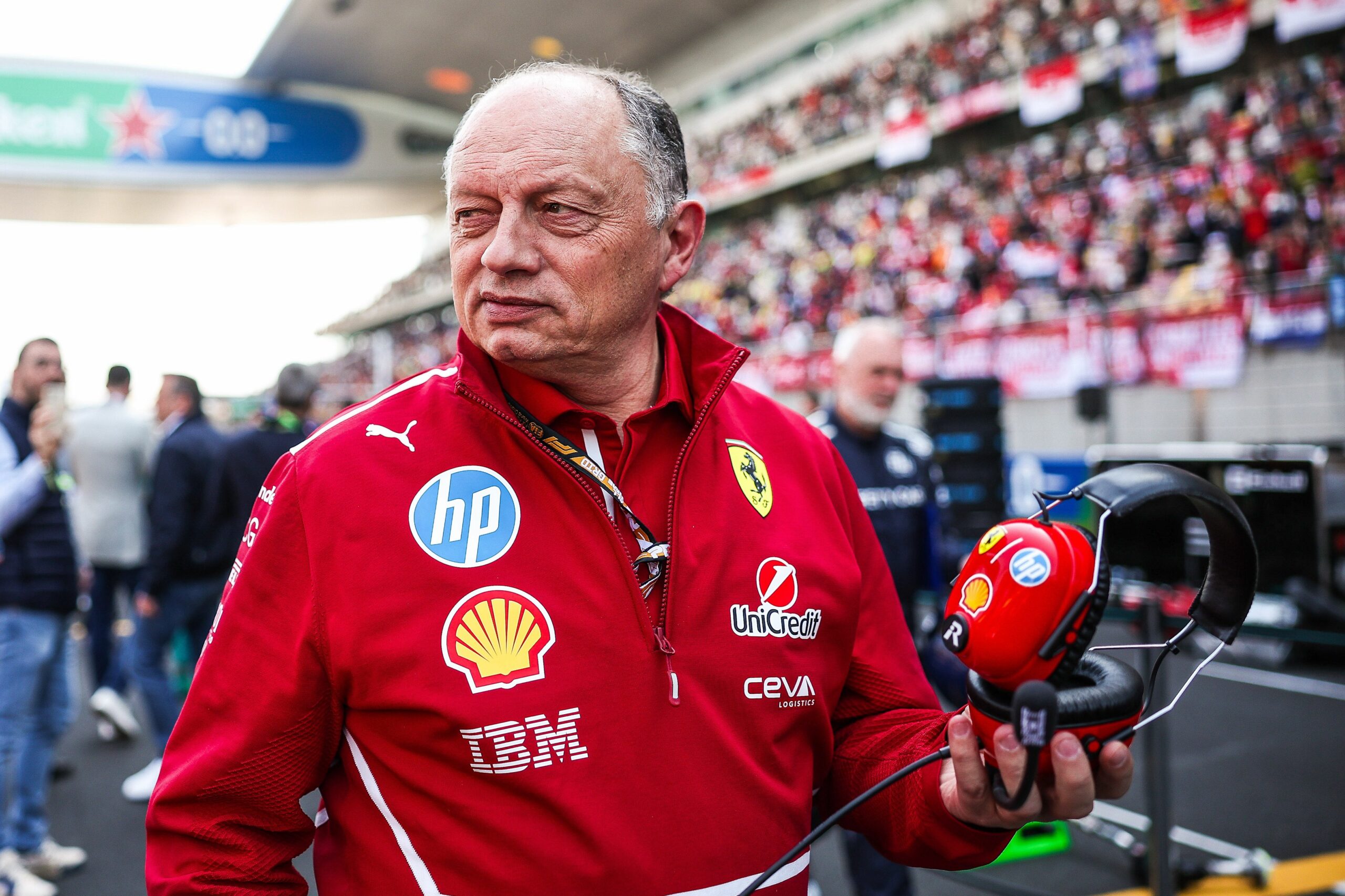
In the high-energy world of F1, where the roar of engines and the thrill of speed captivate millions, the actions and ethics of its leading figures are under scrutiny more than ever. Amidst the glamour, a serious conversation has been triggered by Mercedes team principal Toto Wolff, following the investigation into Red Bull team boss Christian Horner for allegations of inappropriate behavior made by a female employee. He was the only one to answer a question on it as the other four boss declined to do so.
During a press conference in Bahrain, Wolff emphasized the responsibility of F1 figures to uphold values of inclusion, equality, fairness, and diversity. “I think it’s clear, F1, and what the teams do, we stand for inclusion, equality, fairness, diversity,” Wolff stated, stressing the importance of embodying these values daily. His statement comes at a crucial time when the sport, followed by millions worldwide, is at a crossroads, striving to balance its competitive spirit with ethical conduct.
The investigation into Horner, who denies any wrongdoing, is ongoing. Wolff’s comments reflect a wider concern within the sport about upholding a positive image and being role models.
“We are a global sport, one of the most important sports platforms in the world. And we’re role models,” Wolff noted, underlining the global influence and exemplary role that F1 personnel play.

Wolff expressed faith in the transparency and rigor of the ongoing investigation by Red Bull’s Austrian parent company, and highlighted the opportunity for the entire series to learn from the results. “I think what’s important at that stage, for process with rigour, I think what Red Bull has started as an independent investigation, if this is done in the right way, with transparency, and with that rigour, I think that’s something that we need to look at, what the outcomes are, and what it means for F1, and how we can learn from that,” he added.
This situation highlights a key aspect of modern sports: the need for those in the public eye to uphold standards that extend beyond the racetrack. As F1 navigates these challenging waters, the focus remains on ensuring the sport remains an example of excellence, not just in terms of racing performance, but also in ethical conduct and social responsibility.
In a world where sports figures are idolised by many, a key question remains: How can the fast-paced world of Formula 1 ensure that its leaders are not just champions on the track, but also champions of character and integrity off it?





